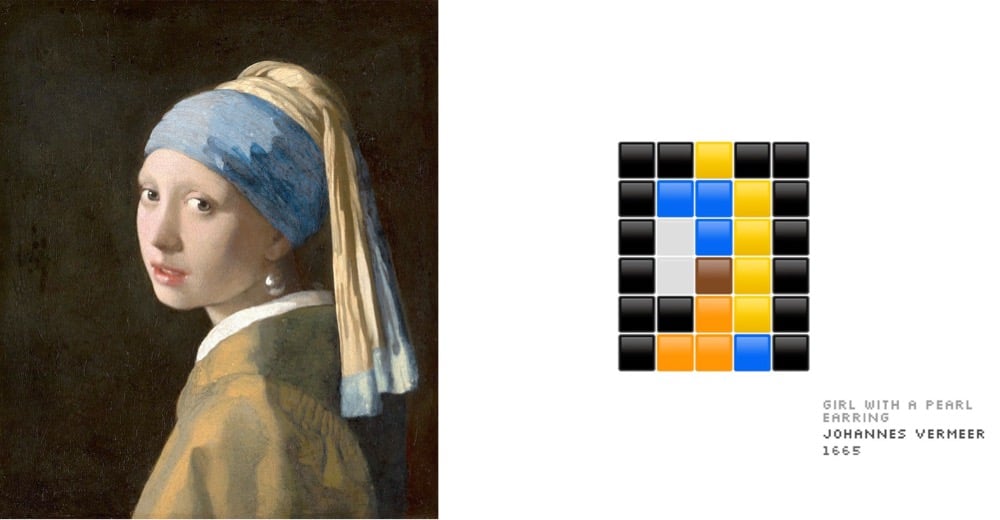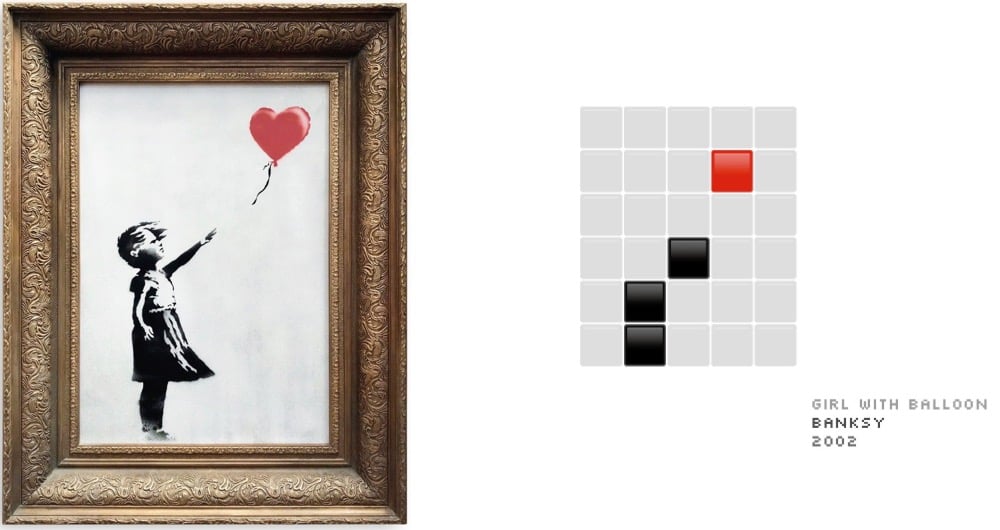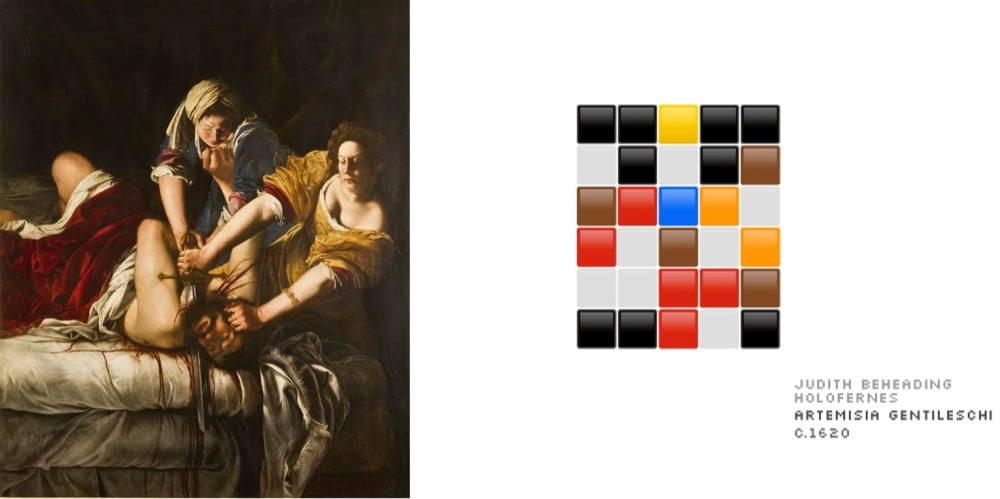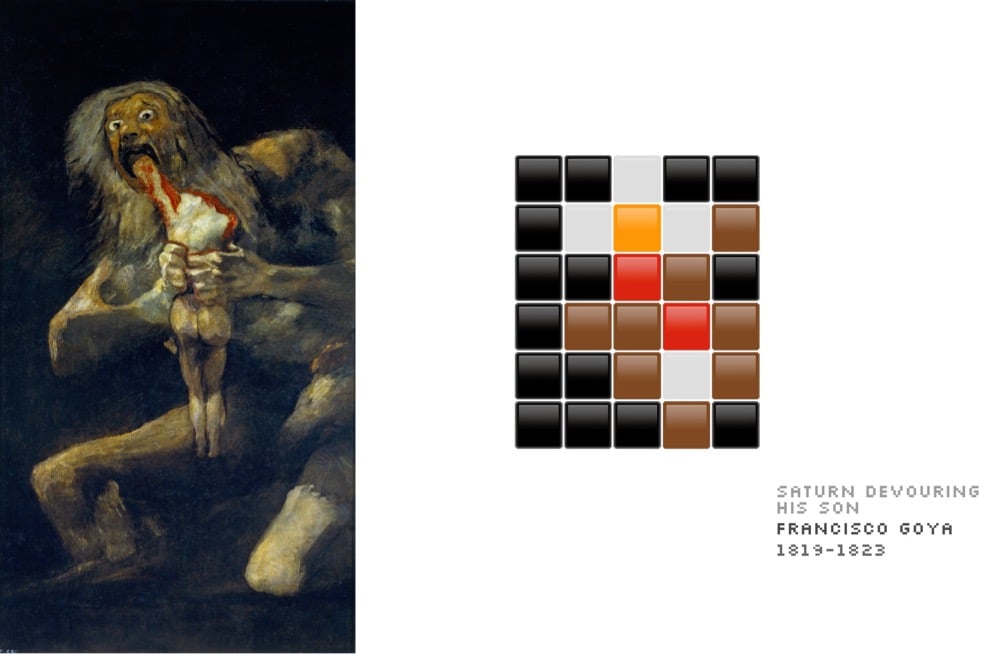David Shariatmadari, an editor at The Guardian, was asked by a colleague to “have a go” at inventing a new game, a new viral sensation like Wordle. The game he came up with is called Wordiply (it’s fun!) and he wrote up the whole process of how he went about designing it. The idea behind the game is a simple one and the way in which Shariatmadari arrives at it is a familiar trope in discovery stories:
That’s where my older brother, Daniel, comes in. While I’m racking my brains about how to come up with a better version of Boggle, he’s with his partner Nic in a hospital waiting for their baby to be born. On the morning she is due for an induction, they arrive bright and early at 8am. I call at about 11am to see how things are going. “What about if you had a word,” Daniel says, “of three letters — and the point of the game is to find the longest word that still has those three letters.”
“You mean like an anagram, but you make it longer?” I ask, confused.
“No, you’ve got to keep them in order. So if you had ‘bid’, then maybe, er, ‘forbidden’ would be the longest word.”
“Or ‘ambidextrous’.”
“Right.”
This is typical. I’ve been thinking about this for weeks. Daniel is supposed to be having a baby today and instead he’s come up with something that just might be the next Wordle.
“I think that’s pretty good,” I tell him.
“Yeah, OK — gotta go.”
“What about the bab — “
It’s worth reading the whole thing — stories of invention and discovery are always interesting and the familiarity that most people have with word puzzles makes this one easy to follow and even to place yourself in the creator’s shoes. A key part of the design process is to look for the spark:
Next, I pitch the longest word game: “So if you have a word like ‘pit’, you could have ‘spit’, ‘spittoon’, ‘hospitable’.” “Amphitheatre!” Will exclaims, triumphantly. There’s a beat before we realise it doesn’t work. But I can hear an excitement in his voice — pride at having swung even if he missed. Maybe there is something to this. We do a paper prototype, and decide to play it against the clock — 15 seconds. I call out the word “cub” and everyone scribbles furiously. Time’s up before we know it, and all I managed is “scuba”. Someone gets “incubation”. Will has “cubism”. “You know what?” he says. “It’s a good game!” Entrancement? Unlocked. Well, possibly.
I found this via Clive Thompson, who riffs on Shariatmadari’s piece here.
Alas, there is no magic formula to finding the right mix of rules. You just have to tweak and tweak, and test and test.
Often the hardest part of finessing a design can be some incredibly weird thing you’d never predict.
For Shariatmadari, the hardest part was creating the list of allowable words. Since the goal of his game was - given a target word like “pop” (for example) - to find the longest possible word that contains the target, there are a ton of super-long medical and chemical words one could use, like “pseudopseudohypoparathyroidism”. But allowing words like that could break the feeling of fairness, giving an advantage to people who rote-memorize really long medical words. (As an aside, this is why I find competitive Scrabble rather dreary: Success hinges upon memorizing endless marginal two-letter words that normal people rarely ever use in daily speech; this does not feel, to me, like a particularly interesting skill.)
I have a weird relationship with word puzzles. I don’t like crossword puzzles but have been doing them recently with a friend over FaceTime, which has been enjoyable. Boggle is my jam and has been since childhood, but I dislike Scrabble with an intensity that is almost absurd. I’ve never played Wordle (I know!) but I do Spelling Bee every day. I’m not sure why I love some of these games and dislike others — all word games require pattern matching to some extent, which is something I enjoy and am good at, but for some reason Scrabble and Wordle don’t interest me at all while I cannot get enough Spelling Bee.
The Twitter account 5x6 Art is posting extremely abstract versions of notable artworks using the constraint of fitting them into Wordle’s familiar 5x6 pixel grid.




Obviously when you’re reducing artworks down to only 30 pixels of information, some of these are going to work better than others (e.g. Rothko and Mondrian). Still, some of the more detailed ones are just recognizable if you squint.
Yesterday, Josh Wardle announced that he had sold Wordle to the NY Times.
It has been incredible to watch a game bring so much joy to so many, and I feel so grateful for the personal stories some of you have shared with me — from Wordle uniting distant family members, to provoking friendly rivalries, to supporting medical recoveries.
On the flip side, I’d be lying if I said this hasn’t been a little overwhelming. After all, I am just one person, and it is important to me that, as Wordle grows, it continues to provide a great experience to everyone.
Given this, I am incredibly pleased to announce that I’ve reached an agreement with The New York Times for them to take over running Wordle going forward. If you’ve followed along with the story of Wordle, you’ll know that NYT games play a big part in its origins and so this step feels very natural to me.
And then a lot of people freaked out. “RIP Wordle” started trending on Twitter. Hands wrung and voices cried out that the game would no longer be free (even though both Wardle and the Times said that it would remain so). Some protested that the game is cheap to run, so what’s the problem? The general consensus seemed to be that Wardle was a greedy sellout who had deprived the public of a beloved game.
I’m so irritated at this reaction on behalf of Wardle. Lydia Polgreen gets it exactly right here:
Creator of Wordle: I can’t keep running this thing; I love the NYT puzzle peeps, they inspired me to make this thing you love, so I sold it to them! Twitter: How dare you give this thing we love a sustaining home!
Honestly, people. The choice isn’t between Wordle as it exists today and NYT Wordle. It is between no Wordle and NYT Wordle, or even worse, a much crummier acquirer.
Wardle made a free thing for his partner, it got out of hand, and it became overwhelming. I’m not sure if you’ve noticed, but people feel VERY INTENSELY about this game. It doesn’t matter if it only costs Wardle a few bucks a day to host…the psychological weight of it all must be immense. I’ve been running kottke.org for more than 23 years and let me tell you, the financial cost is not what keeps me up at night. (And yes, the site does keep me up at night sometimes.) And I built a site another site, Stellar, that folks loved pretty intensely, and while it never blew up like Wordle did, the strain of keeping it going became too much, I couldn’t see a way out of it, and I had to shut it down.1 That weight is real, folks, and shutting websites down, even when they are beloved, even when you would desperately love to keep them going, is sometimes the easiest option. All good things, etc. etc.
Sometimes, no amount of money or support or introduction of clever business model will help in a situation like this because the responsibility still remains — the millions of intense fans showing up every day, demanding their two minutes with five letters. Some people love that feeling, that pressure — they’ll lean right into that shit, bring it on — but clearly Wardle did not. So instead of shutting Wordle down, Wardle sold it to a really good steward that has clearly invested a lot of time and energy into building a strong puzzling presence and community. He secured an arrangement to keep the game free. And because this is capitalism, you can’t just sell something to the Times for a dollar — the Times is getting something of real value to their business and they should pay an appropriate price for it.
If people really care about this gift freely given and the person who made it (instead of focusing on what they get from it personally), they should recognize this as a good outcome. Will Wordle change? Will it someday not be free to play? Perhaps. Perhaps. But as Polgreen said, the choice here was “between no Wordle and NYT Wordle” and for right now, and into the foreseeable future, Wordle is alive and available for everyone to play. Let’s appreciate that.
Update: Bess Kalb:
Why are people mad the Wordle guy got paid? Pay the sweet Wordle man! Give him jewels and gold for his glorious letter squares! He got less than half what it could have been worth in a bidding war and he kept it a free game. Shower him with champagne and furs!
Caissie St. Onge:
I’m happy for Mr. Wordle. He made a game for his partner because she loved word games, then he shared it with all of us for nothing. Now he gets a million unexpected dollars. Because he loved someone!
Cyd Harrell:
proposing a term for NYT/Wordle: egg cream swan
we didn’t discover that the proprietor’s a bad guy, we’re happy for him; but the reality that supporting a small scale thing of beauty at large scale is beyond one person (now) & reasonable options are compromised…is bittersweet
Boom, nailed it. There’s an element of the players killing the thing they loved here — if the game hadn’t become so popular, a transfer of ownership would not have been necessary.









Stay Connected